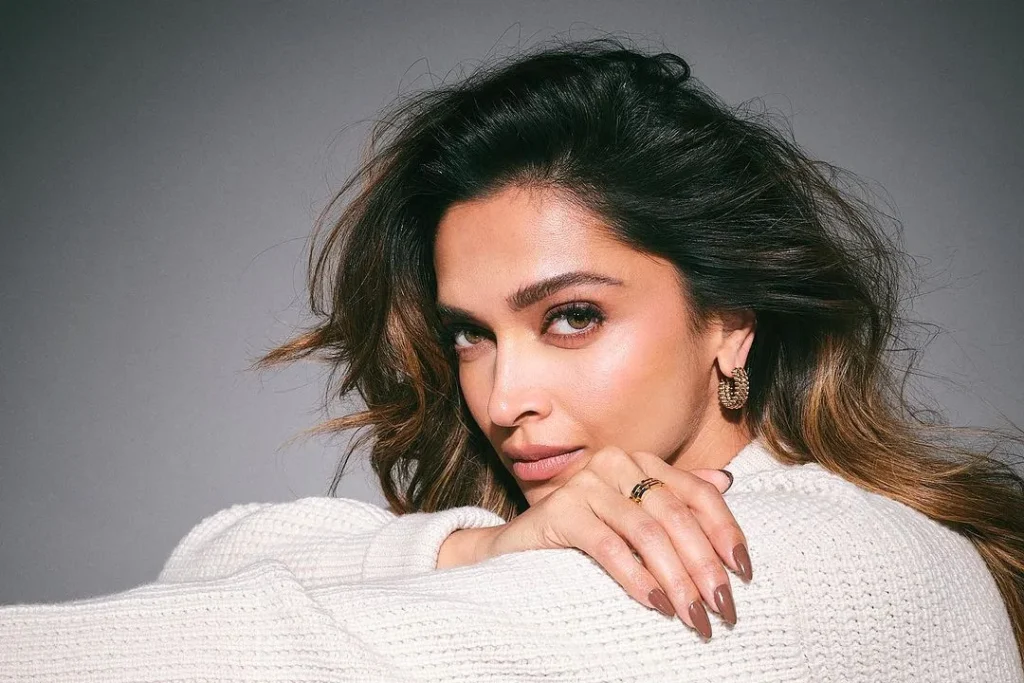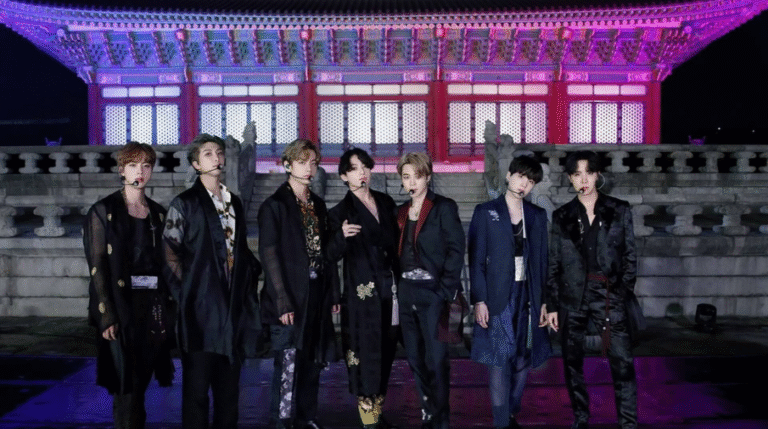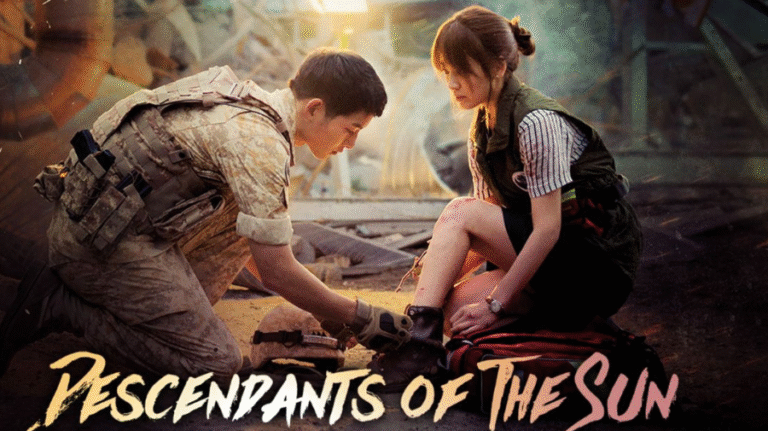
Hitchcock famously said, “To make a great film, you need three things: the script, the script and the script.” Yet for the better part of its entire existence, the Indian film industry has not only functioned without a shooting script but also celebrated that absence, flaunting it as a badge of honor. To make matters worse, the industry continues to deprive writers of the recognition they deserve. But this is not only about writers. This is about Bollywood, its broken system and its work culture which Deepika Padukone has stood up against.
Several long-established male stars, now turning obsolete, have long been notorious for their on-set misbehaviour and misconduct. Some have pulled vile pranks on female co-stars, others flaunt diva-like behaviour arriving hours late while taking pride in their macho bravado on and off screen. A few even display dictatorship qualities, demanding to cut off their co-stars’ screen time.
Men in their fifties continue to star opposite women young enough to be their daughters, while women are constantly reminded of their “shelf life.” Yet, when Deepika Padukone asks for an 8 hour work shift, the industry chokes on its spit, unable to digest such an extravagant demand of having some semblance of work-life balance.
It’s no surprise that an industry that fails to root out its MeToo culprits is also hypocritical in its treatment of male and female stars, continuing to undermine women both through their on-screen portrayal and off-screen conduct. Bollywood, in many ways, mirrors the tragedy of ritual that defines the nation — hiding its misogyny and sexism behind the comforting veil of tradition and culture.

Deepika Padukone’s Stand Against Bollywood’s Toxic System
The makers of Kalki 2898 AD recently announced that after “careful consideration,” they had parted ways with Deepika Padukone, as it demanded commitment she couldn’t offer. Earlier this year, Padukone was rumoured to have had a fallout with director Sandeep Reddy Vanga over scheduling and contractual issues for his upcoming film Spirit, allegedly requesting a six-hour workday. Vanga, reportedly miffed, accused her online of playing “dirty PR games” and twisting the truth.
A few months later, Padukone announced that she had joined King opposite Shah Rukh Khan, posting a cryptic caption that many interpreted as a subtle dig at her former collaborators, “The very first lesson he taught me almost 18 years ago while filming Om Shanti Om was that the experience of making a movie, and the people you make it with, matter far more than its success.”
In a recent interview, Padukone finally addressed the controversies, saying, “By virtue of being a woman, if that’s coming across as being pushy or whatever, then so be it. But it’s no secret that a lot of male superstars in the Indian film industry have been working eight-hour days for years and it’s never made headlines.”
She went on to highlight the fundamental problem within Bollywood’s functioning, “While we call it the Indian film ‘industry’, we’ve never really functioned like one. It’s extremely disorganised, and it’s about time we brought in proper systems and structure.”
Acclaimed filmmaker, Hansal Mehta echoed her point, “In our line of work, a 12-hour day is politely called a ‘shift.’ The truth is, between the chaos of shoots, the endless commute, hurried meals and barely a few hours of broken sleep, there’s little left of us. Where does our mental health or physical well-being fit into this equation?”
Deepika Opens a Larger Conversation on Gender and Power
Padukone’s interview, therefore, becomes larger than a personal defence. It opens a conversation about work-life balance, toxic work culture, and the lack of ethics and accountability that have plagued Bollywood for decades.
More importantly, it exposes the gendered double standards that continue to shape perceptions of professionalism. When the makers of blockbuster films twist a legitimate discussion on work conditions into accusations of arrogance or lack of commitment, they involuntarily expose their bruised male ego and their inability to stand a woman wanting an equal say. It becomes quite clear that the industry still resents women with a spine, blinded by the age-old tradition of keeping them timid and servile.
It’s no wonder that the same industry that objectifies women on screen often diminishes their value off it as well. Padukone’s stand is not just a celebrity defending her image — it’s a reminder to every woman who’s been told to stay quiet, to not push too hard, to not make trouble to actually disobey the patriarchal structures that shackle them.
By speaking up, she forces Bollywood to confront what it has long ignored: that for all its glamour, the industry is still far from functioning like a true professional ecosystem — one built on dignity, structure, and respect for its people.
For more news on the entertainment industry, stay tuned at The World Times.



